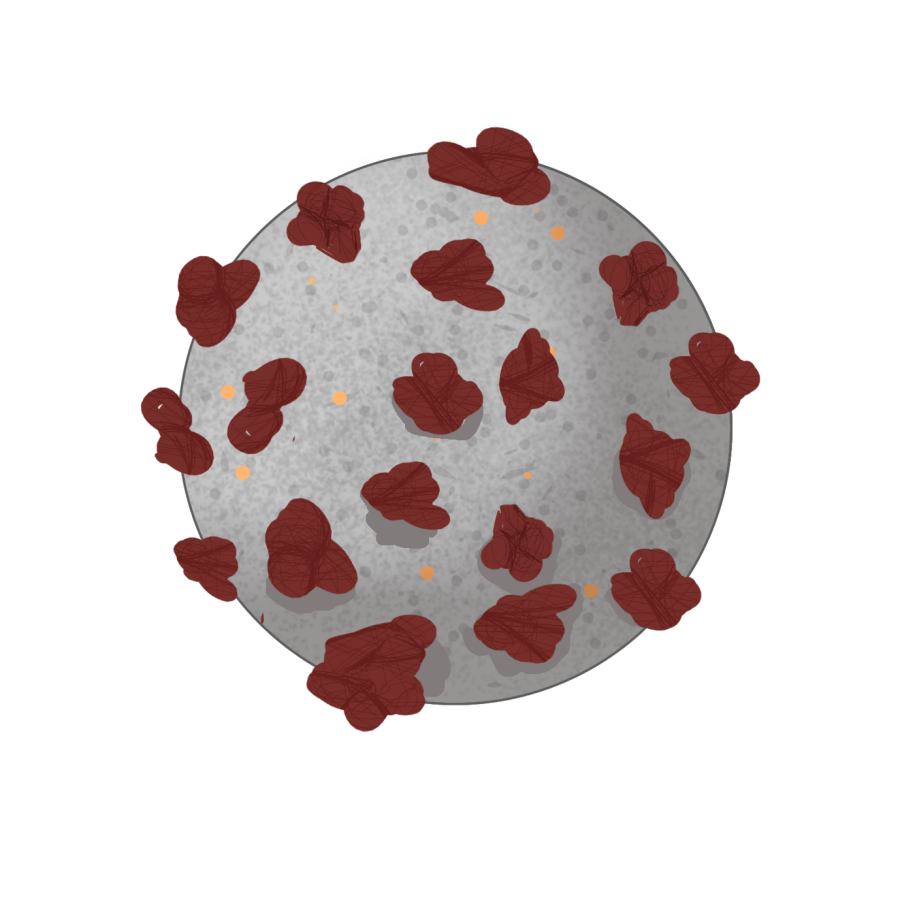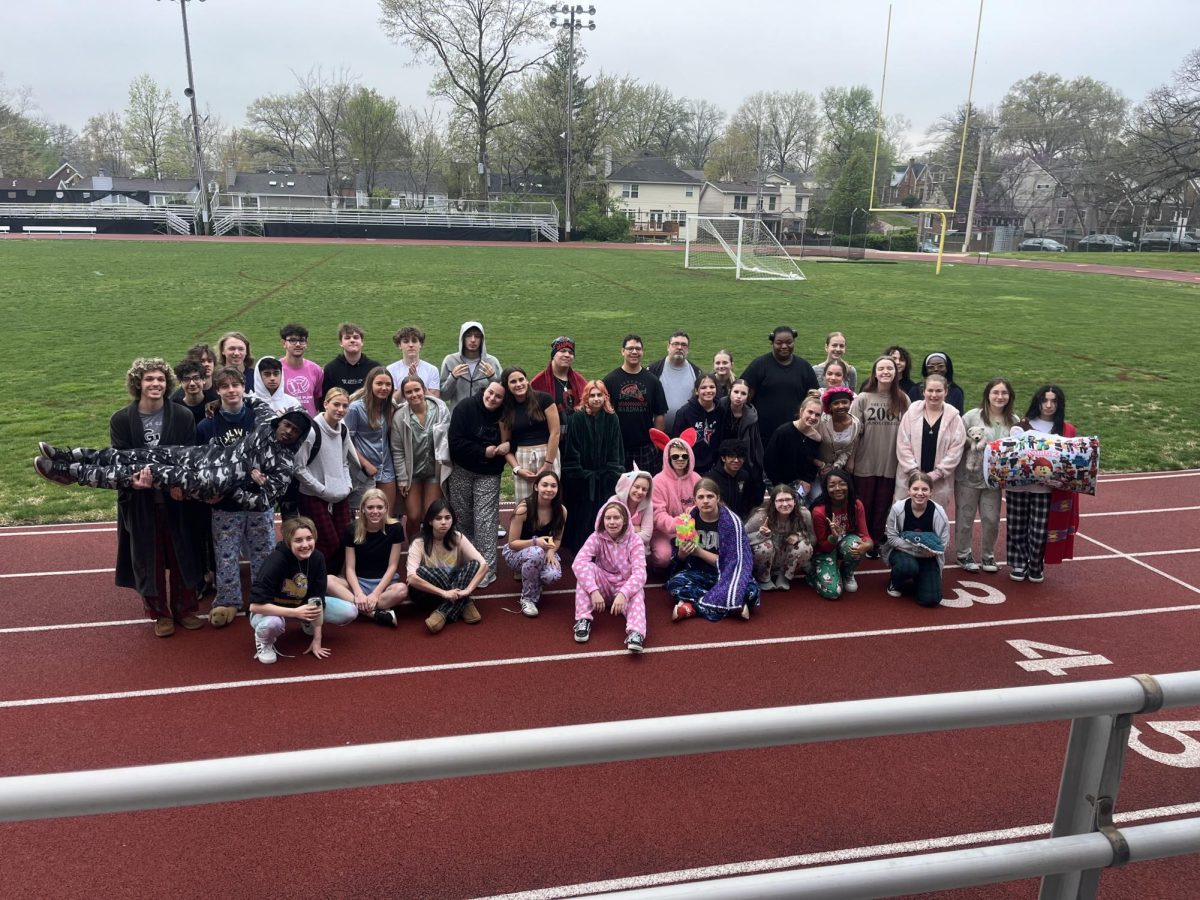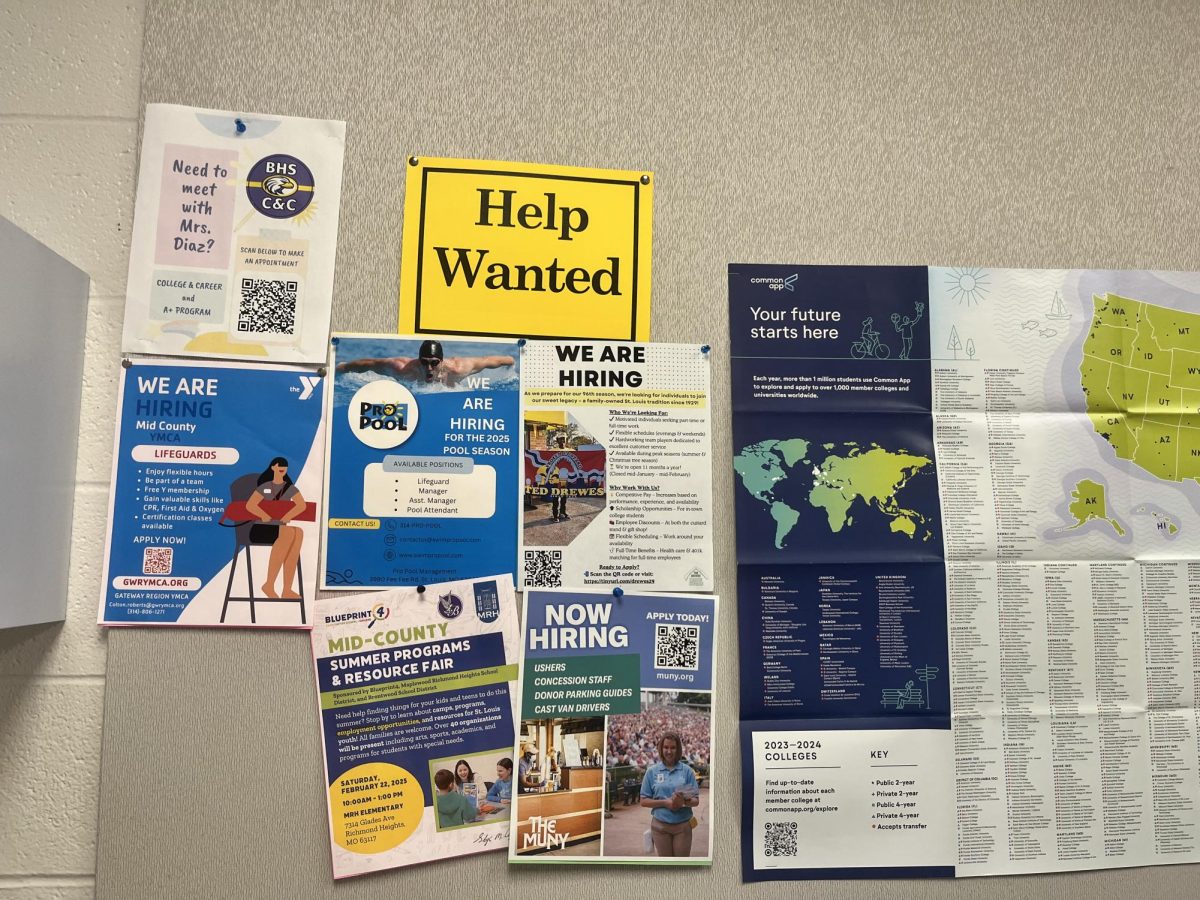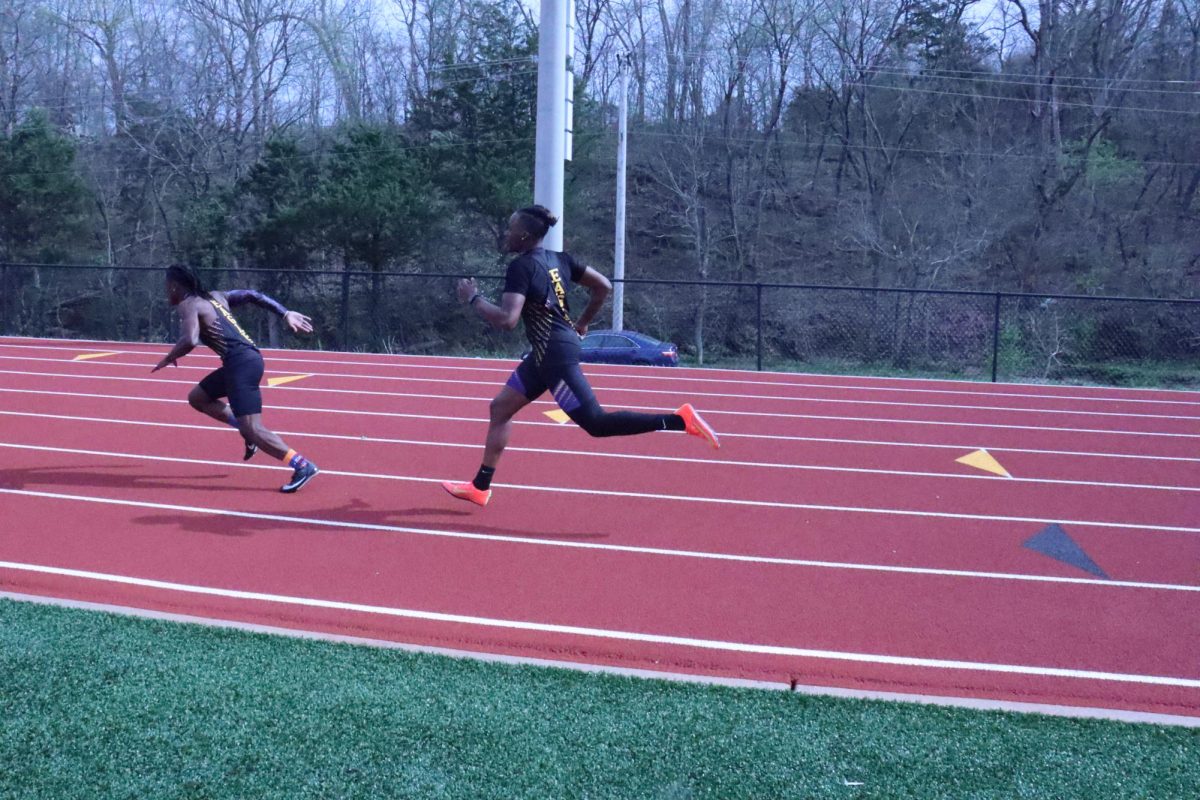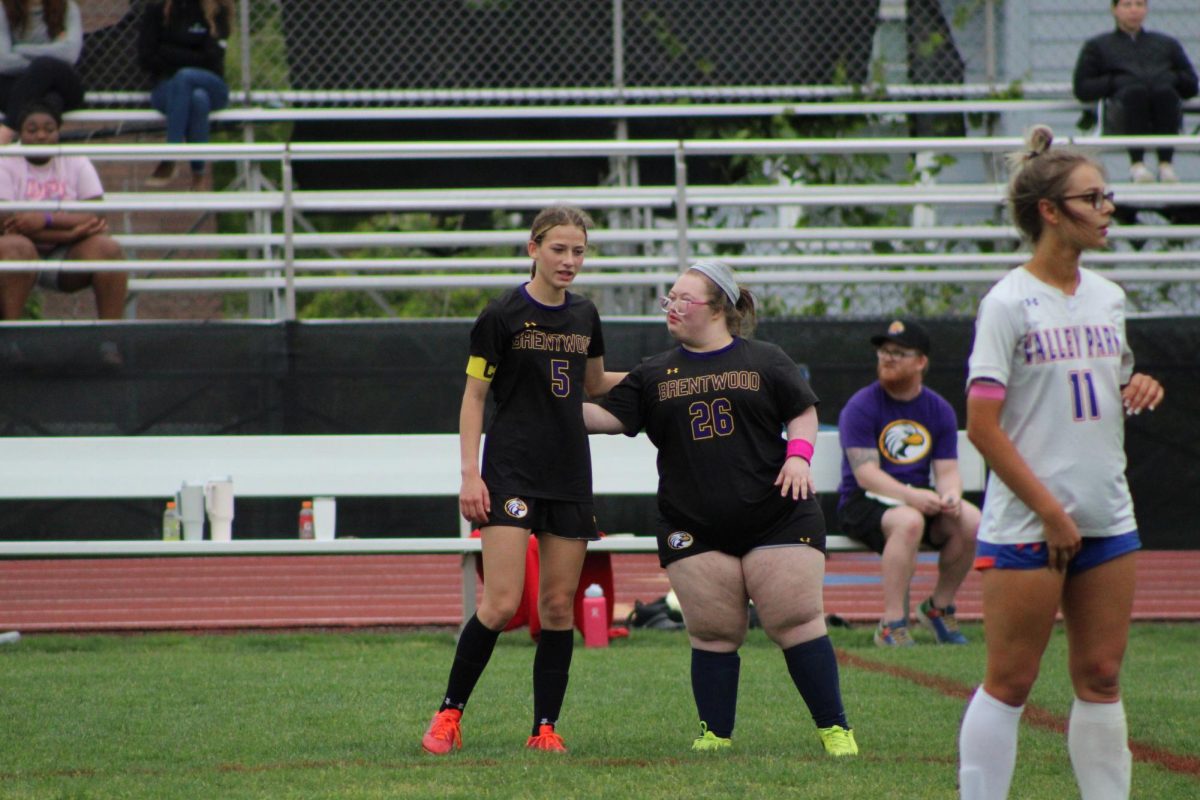From April to June of this year, it seemed like the COVID-19 pandemic might be finally winding down. Daily cases across the country were down, vaccination rates were up, and travel restrictions were being lifted. And yet in July all those trends reversed, thanks in large part to the delta variant of COVID-19. But what is the delta variant? What makes it so much more dangerous, and what can people do to protect themselves?
While it’s still unclear whether viruses are alive in the way humans are, they do, much like everything else with a genome, mutate and evolve over time. Sometime in 2020, one of these mutations gave birth to what scientists call “lineage B.1.617.2”, also known as the delta variant, and the new strain began to spread quickly. It was detected in late 2020 in India, and in August of this year it became the dominant strain worldwide. The delta variant comes equipped with several mutations that make it better at getting into cells, suppressing the immune system, and increasing the viral load (the amount of virus detected in a person.)
According to Brentwood High School nurse Russo, “[The difference] is you can become more infectious quicker. And from the science of what they’ve been seeing is that it can make people who are not vaccinated, more sick. You’re seeing more people in the hospitals with this.”
The best way for people to protect themselves from the delta variant is to get vaccinated. While infection is still possible for vaccinated people, the vaccine is very effective at preventing serious illness or hospitalization from it. Another way to protect yourself is to keep wearing a face mask.
If you need to get vaccinated, vaccines.gov is a good place to find nearby vaccination sites and to register for vaccination. Currently, everyone aged 12 or older is eligible for vaccination, and the Pfizer vaccine may be available for those aged 5-11 in November. Booster shots are available for certain recipients of the Pfizer vaccine who had their second shot at least 6 months ago, according to the CDC.


